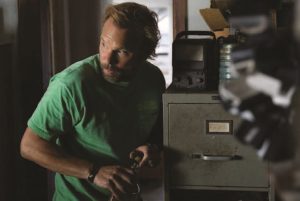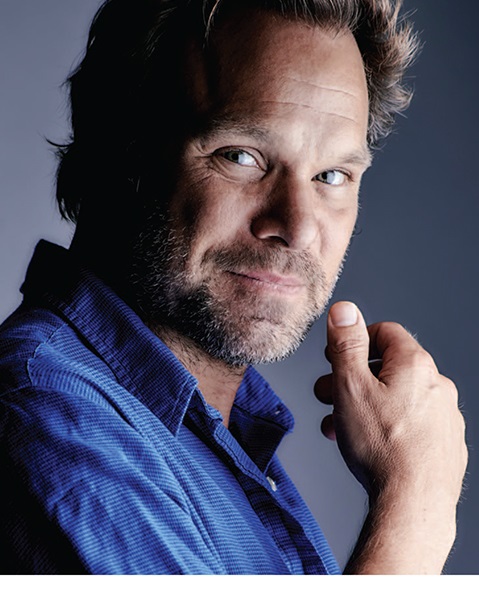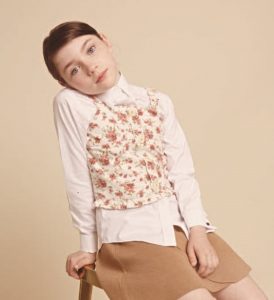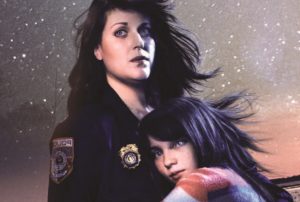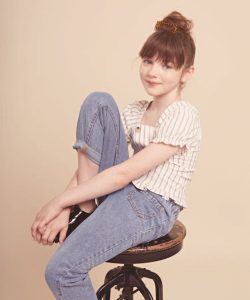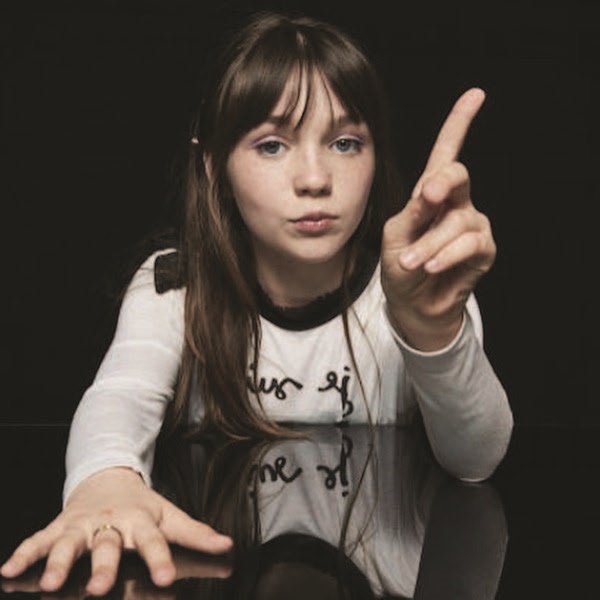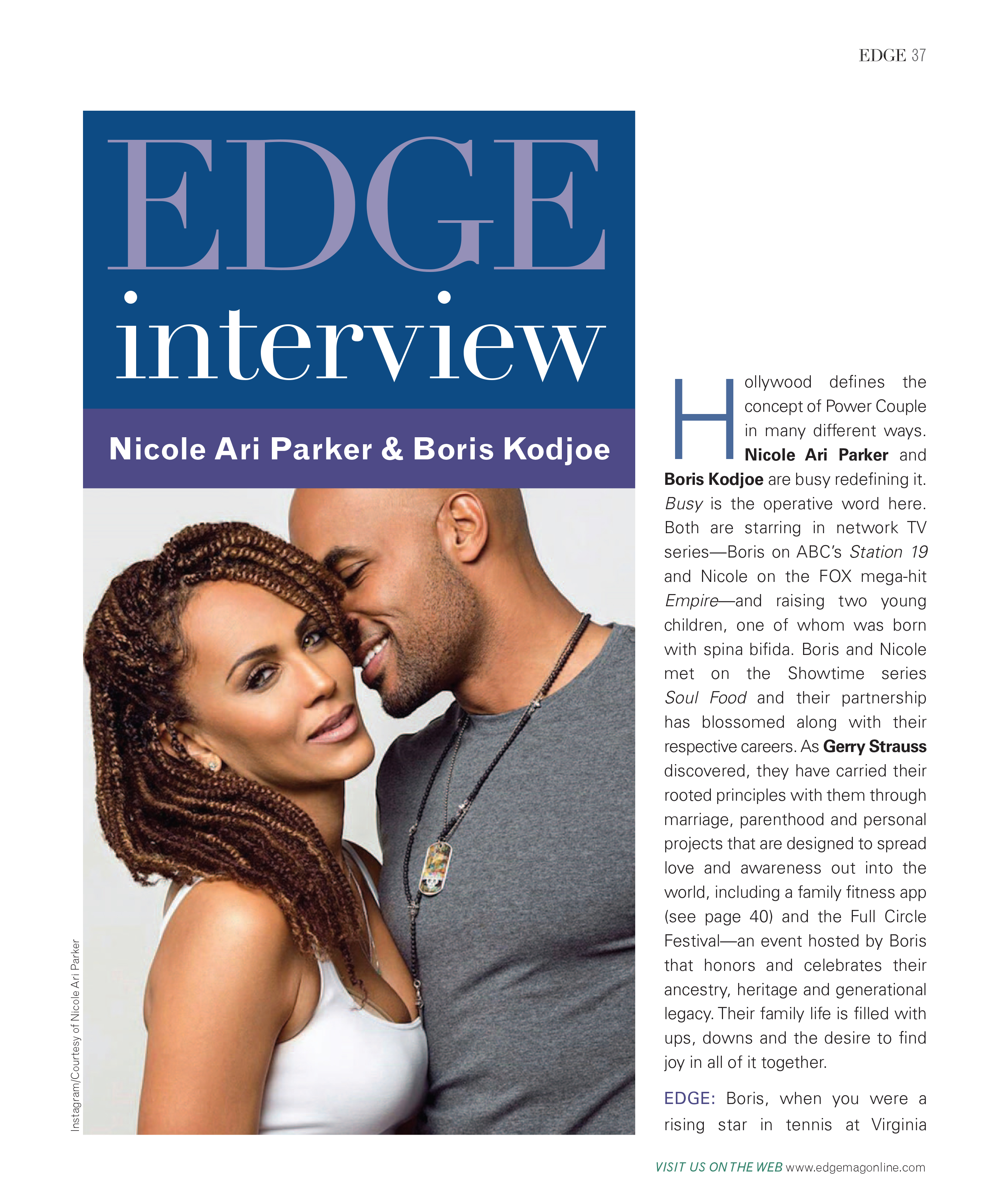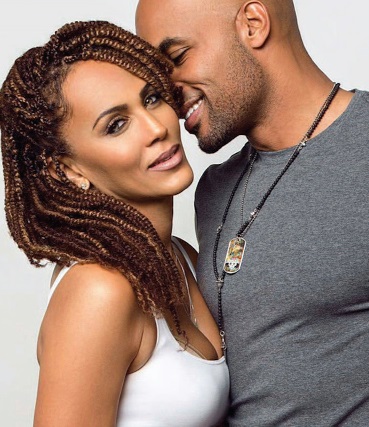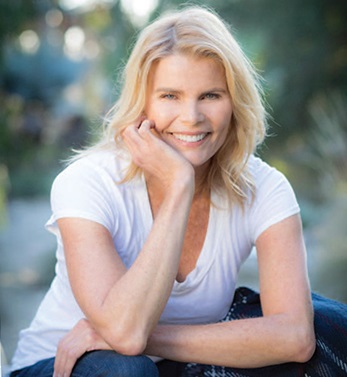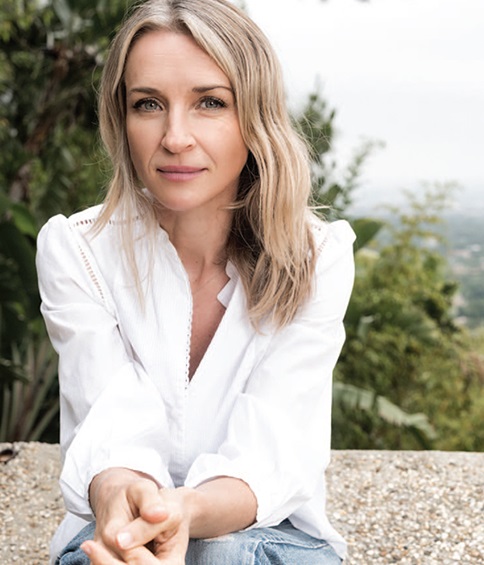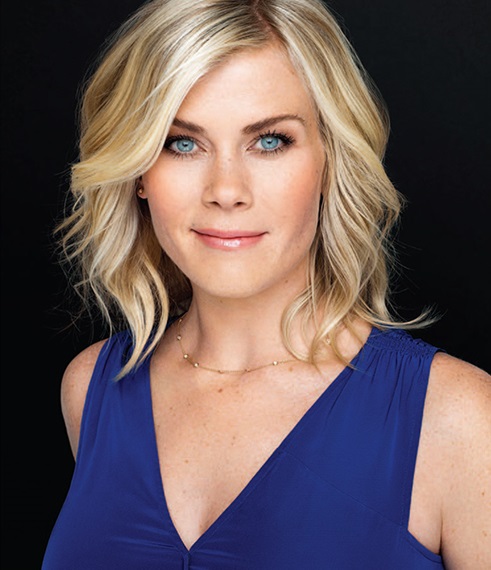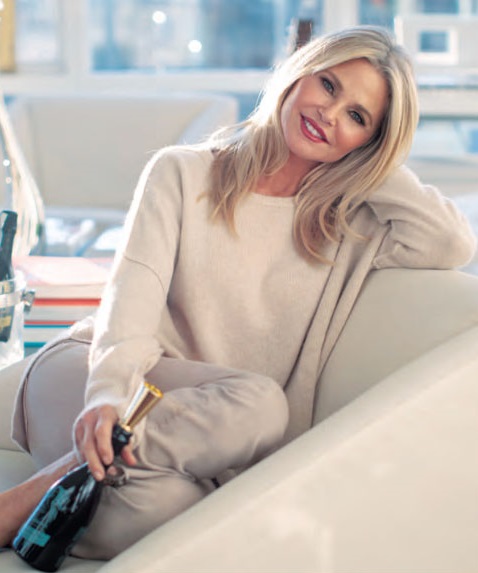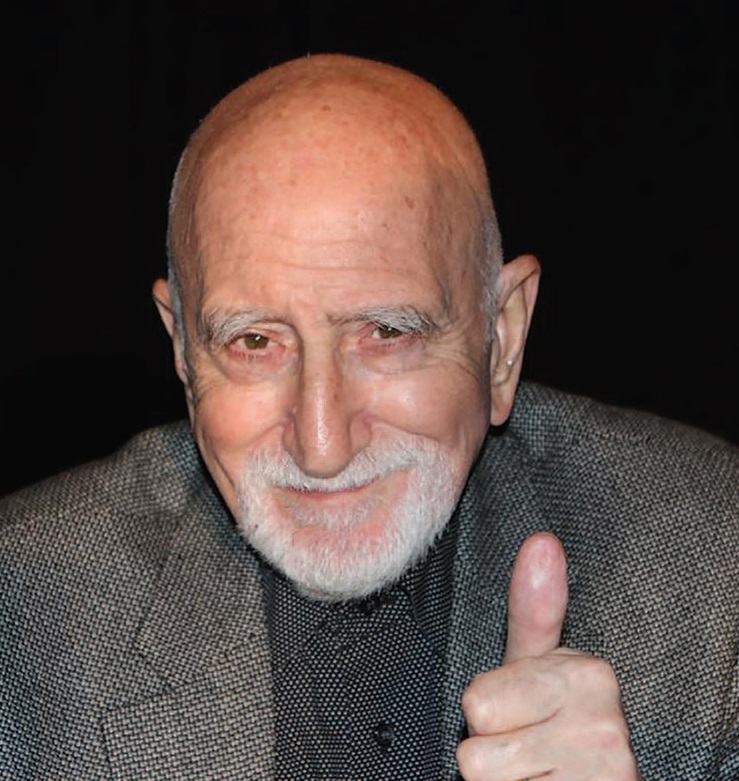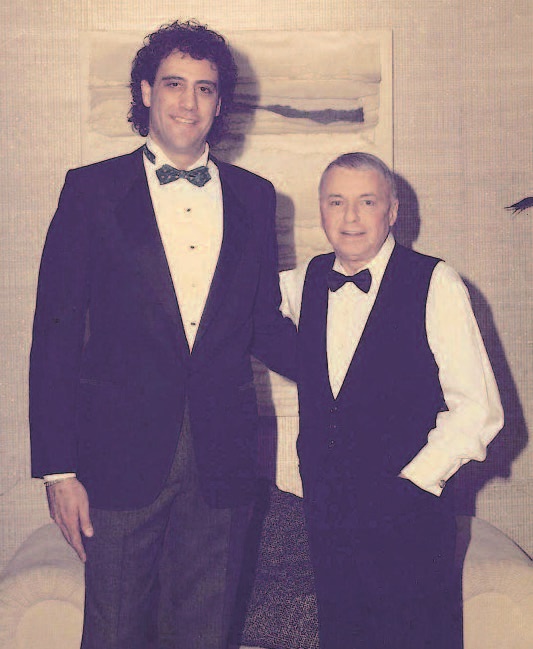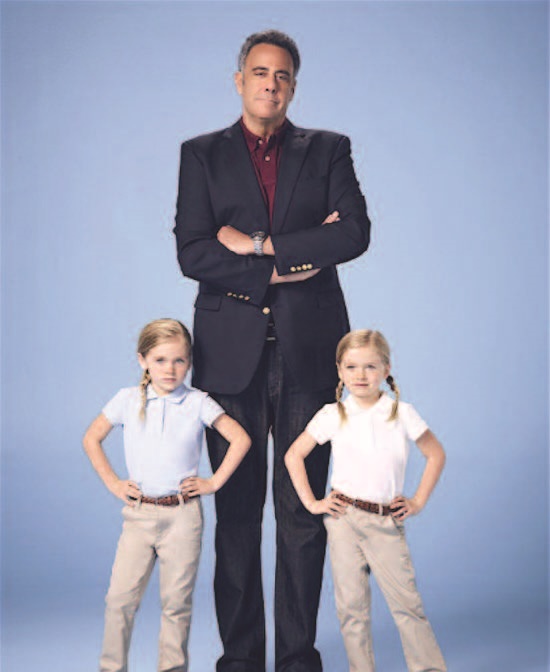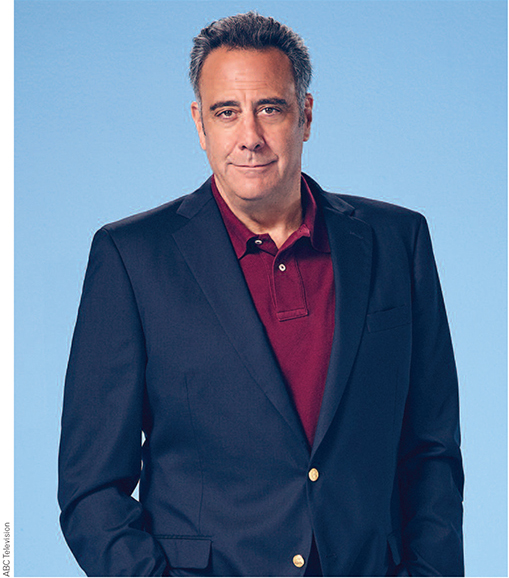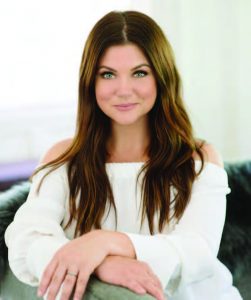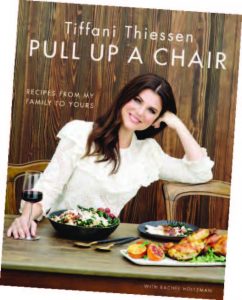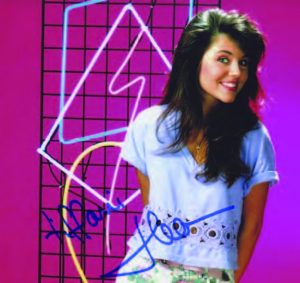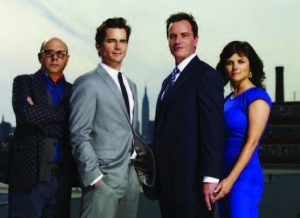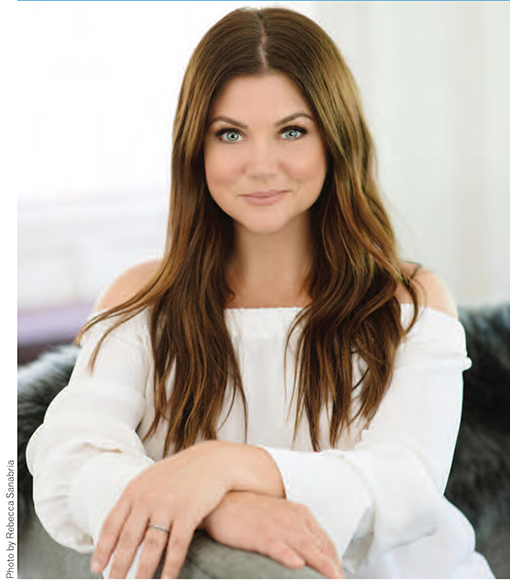Good girls don’t trade a future in medicine for a career in comedy. If that’s not an old saying, maybe it should be. Or maybe not. Retta, who stars with Christina Hendricks and Mae Whitman in the NBC “dramedy” Good Girls, veered off the pre-med track at Duke to work as a stand-up—and then parlayed her success on the stage into an iconic role on Parks and Recreation. Though not exactly a prescription for Hollywood stardom, in Retta’s case, it produced a positive outcome, and the rest is history. The daughter of Liberian immigrants who settled in the Garden State, she brings a unique work ethic to the characters she plays and, as Gerry Strauss discovered, a healthy dose of Jersey swagger, too.
EDGE: How have you been keeping yourself safe and sane during the pandemic?
RETTA: I’m a big old scaredy-cat, so at the beginning of quarantine, every little thing I thought I had it. Sniffles? Oh, I got it. Cough? Oh, I 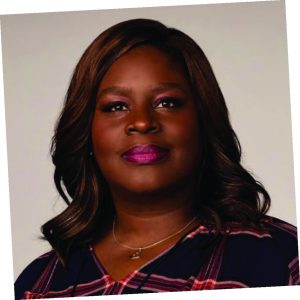 got it. I got an ache? Oh, I got it. My eye’s twitching? [laughs] It’s COVID! So then I had a friend tell me to download the Calm app and meditate, so I did that for a while. What really helped me was just that I didn’t watch the news anymore. Honestly, that helped me a lot. But in late November, I had knee replacement surgery. So I went back into stress mode. It’s been a real ride!
got it. I got an ache? Oh, I got it. My eye’s twitching? [laughs] It’s COVID! So then I had a friend tell me to download the Calm app and meditate, so I did that for a while. What really helped me was just that I didn’t watch the news anymore. Honestly, that helped me a lot. But in late November, I had knee replacement surgery. So I went back into stress mode. It’s been a real ride!
EDGE: You’re dealing with things from a West Coast perspective now, but fans of yours know that you are originally a Jersey girl. Any thoughts on growing up in the Garden State?
RETTA: I think it was pretty typical in that you just tried to fit in, tried to get to the mall on the weekends where all the kids hung out. I have immigrant parents, so home was a little different than my friends.
EDGE: How so?
RETTA: Like with schoolwork. I remember friends getting cash for grades. You get $10 for an A, and $5 for a B, and a dollar for a C. [laughs] I was like, first of all, you get money for a C?
EDGE: Did you not enjoy yourself in school?
RETTA: I liked school, but it was very much centered around doing well so that you could go to college. So school was very important for me. I think it’s part of the immigrant life. Not that I didn’t socialize, because I was very active in school—I was on student council and the choir and a cheerleader. French club, math club. So I was busy, but I didn’t party or anything like that. So, in that regard, I didn’t really experience the high school partying life, but I was so busy with everything else I don’t know that I really even noticed it until I was older. I got the high off of the good grades.
EDGE: Success in science and in comedy both require a lot of hard work and patience. Do you think the work ethic you developed for one helped you in the other?
RETTA: It did in that I’m an empirical thinker. I’m that person: If you want to do something, what are the steps to do it? My goal was to have my own sitcom. So I watched a lot of sitcoms. I noticed that most of the leads in sitcoms used to be stand-up comedians, which is why I started stand-up. I was like, Oh, that’s the path that Roseanne, Tim Allen, all these people took. That must be the way to do it. So that’s why I started. Also, I’m a big fan of checking things off of a list. That’s something that has stayed with me since high school, where it’s like you have all these things to do, and if you don’t do them, you’re not going to get the grade. So that’s another thing that I still do. I love a list, and I love checking stuff off of a list. That kind of thing has stayed with me. I certainly feel like I work harder now, just because being a lead in a show requires more work. You have to spend more time learning lines. You spend more time on set, that kind of thing. But because I know this is what I really want to do, it’s not hard work to me. I get to go do the work I love as opposed to “needing” to study.
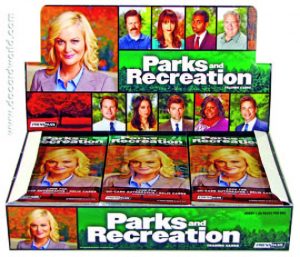 EDGE: It doesn’t sound like you had a mentor or a role model when you launched your entertainment career.
EDGE: It doesn’t sound like you had a mentor or a role model when you launched your entertainment career.
RETTA: I don’t know that I got any advice, really. I used to read Entertainment Weekly and People magazine cover-to-cover, and I would just hear different things. One thing I remember was that people would always say Sandra Bullock was really great with the crew. It made sense to just be a good person and be the kind of person people would want to be around. That was something that stuck with me—but it wasn’t necessarily an advice thing. I will say, while working with Amy Poehler [on Parks and Recreation], one of the things I realized that we had in common was that we always believed it would happen. There was never a doubt that I would get to where I wanted to go in this industry. For me, it was just an anxiousness as to when. How long was it going to take? I remember being in the hair and makeup trailer one day when we were at work, and Amy and I had a conversation about how we always just knew. I think it made it easier to deal with whatever struggles we had on our way up because, in the back of our minds, well, we knew it’s going to happen. I think that made being here and living in a studio apartment or sleeping on a friend’s floor fine, because it was just an interim part of what was to come.
EDGE: Speaking of Amy, how did you first get cast on Parks and Recreation?
RETTA: I got a message from my manager at the time that I had an audition for a new sitcom. It was going to be kind of like The Office in that it was a mockumentary, and one of the creators was the creator of The Office. I went in, I read for the room, which included Mike Schur and Greg Daniels and a couple other people and some casting folks. I was never a great auditioner. I hate auditions. I get sick to my stomach. But I’m good in a room just chatting. At the end of my audition, I had just gotten this watch and it was very blingy. It was one of those things—they call them toy watches—and they’re just super shiny, they’re ridiculous. I remember Mike Schur being like, “Hey, cool watch.” Oh my God, I gave him a good ten minutes on the watch: “You have to be invited to be a member. If you email me, I will submit you to be invited.” He was like, “I’m all good on the watch.” But I was chatty, and I think he thought it would be funny, like he could bring that into the character. Now, mind you, my character Donna did not turn out to be the chatty lady who was trying to sell you a watch, but I think it made me seem funny in the room outside of the read. So I credit my audition success to me being able to talk about this stupid watch for so long. [laughs]
EDGE: Donna grew into a primary character on the show. What did you admire about her?
RETTA: I love that she was very independent. She knew what she wanted and there was nothing that was going to change her mind. She wasn’t going to be persuaded out of something. I appreciated most of the characters in the show—how loyal they were to each other and how supportive they were. I loved that about the friendships in general on the show, and that Donna knew what she wanted and she was going to get it by crook or by hook.
EDGE: Fans of Parks and Rec—and of internet memes in general—are familiar with one of the show’s most famous catchphrases: TREAT YO’ SELF. Did you ever think that this made-up holiday would stand the test of time?
RETTA: Nope. Sure didn’t. I was not really good at reading. I just tried to make it real for me. I never could tell when something was going to be funny. I remember my friend, Brittany, was on set that day visiting me, and she was there for the talking heads with me and Aziz [Ansari]. She was like, “Ooh, that’s going to be really funny. That’s going to be huge.” I was like, Really? It’s just silly Tom and Donna stuff. And she’s like, “No, trust me, it’s going to be huge.” I was working this one night, and I just remember getting a lot of tags on Twitter. I was like, What is going on? because I didn’t really do Twitter that much, but I just remember getting blown up. When I got home, I saw that it was that episode. Then I looked on Twitter and I saw that everybody was tweeting TREAT YO’ SELF and tagging me. I was like, Whoa. Right!
EDGE: You do a ton of voice acting. What makes that type of work appealing to you?
RETTA: Well, the best thing about voiceover work is no hair and makeup. I don’t even have to leave the house now! But voiceover is something that I really wanted to do, particularly when I was doing stand-up, because when you first start out, you’re not making a whole lot of money. If you can get voiceover work, or commercials, you can kind of like float by while you’re still trying to make the stand-up work. So it’s something that I really wanted, but I didn’t really get a lot of opportunity. I didn’t have a voiceover agent. I didn’t really know exactly how to do it. Once you start getting viability from things like Parks and Rec, then stuff starts coming in, so I started getting more auditions. I think the first thing that I booked was a Nickelodeon thing, and I was so excited, but I had been auditioning forever. It finally clicked like five or six years ago. And even so, it wasn’t like I 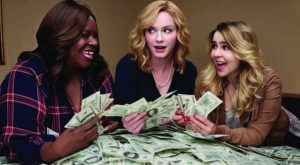 was getting a whole lot of regular gigs—I just got my first commercial voiceover during quarantine, and it was the most exciting thing ever, doing the Rocket Mortgage commercials. I’m like, Woo-hoo, that’s me! I literally pause it and watch it. I watched the commercials to hear my voice. It’s like, you’re on TV, you have a show that comes on weekly. But there’s something about the voiceover commercial that excites me.
was getting a whole lot of regular gigs—I just got my first commercial voiceover during quarantine, and it was the most exciting thing ever, doing the Rocket Mortgage commercials. I’m like, Woo-hoo, that’s me! I literally pause it and watch it. I watched the commercials to hear my voice. It’s like, you’re on TV, you have a show that comes on weekly. But there’s something about the voiceover commercial that excites me.
EDGE: What do you enjoy about Good Girls and your role on the show?
RETTA: It was the first time I felt that I got to play a fully realized character. When I read it, I knew exactly who the character was based on in the pilot script. I literally cried reading what she was going through. It gives me so much joy and satisfaction to feel like I’m playing a person that lives in the world. I was all about comedy when I first came out to LA, so it wasn’t something that I really even thought that I would need. But I read this script and was like, God, I would love to play her. It just excited me that there was a chance that I would get to play this character that had her family, and loved her husband, and was going through trials and tribulations, but was still trying to be happy—and none of it was based on her weight or anything like that.
EDGE: Good Girls has built a following thanks to its drama and dark humor. With Season 4 here, for those who are late to the party, why should they binge the first three seasons to catch up?
RETTA: It’s got heists. There are cliffhangers. There’s comedy. And you’re right, it can get dark—particularly Season 3, where even we were freaked out when we were reading the scripts. I think it takes you on a ride that you don’t expect.
EDGE: A lot of parents of college-age and twenty-something kids read this magazine so I have to ask, how do you go from Duke pre-med to stand-up comedy?
RETTA: When I went to school for the first time, living out of my parents’ house, the first time making my own decisions—when to do laundry, when to go to bed, that kind of thing—I liked that. I got to kind of learn about myself and what made me happy. When I graduated from Duke, I still wanted to go into medicine, but I kind of wanted a break. I knew that [med school] was going to be intense, so I wanted a break before. I took the year off, but I was too afraid to leave science, so I stayed in North Carolina and did chemistry. I mean, some people would be like, really [laughs] that was your break? But that was the first time I lived alone and was left with my thoughts. Which is when I realized what I really wanted to do, which was to perform.
EDGE: Was that a difficult decision to explain to your family?
RETTA: Not so much. I mean, my parents, as immigrants, tend to be very like focused on education and going into the professional fields that are lucrative enough to support you—you know, doctors, lawyers, that kind of thing. But my they were still supportive. I remember calling them and saying, “I think I’m going to drive cross-country to LA.” I had already told them I had started stand-up. My mom said, “Don’t embarrass your father…you’re carrying around his last name.” Which is part of the reason why I dropped my last name. She also reminded me that I’d spent four years in college, so don’t waste it. “If you’re going to do it, do it,” she said. “Don’t half-ass it and just play around.” My father’s big thing was whatever you do, get health insurance…because we can’t afford to take care of you if something goes down.
EDGE: And what did he say?
RETTA: “Drive safe and don’t call us if you get into an accident.” 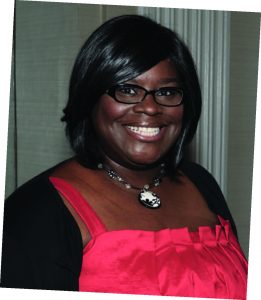
Editor’s Note: Retta, aka Marietta Sangai Sirleaf, was born in Newark and grew up in Middlesex and Monmouth Counties. She graduated from Duke in 1992 and launched her stand-up career in Raleigh, North Carolina. She made her TV debut on a 1997 episode of Moesha and her movie debut in the 2002 cult classic Slackers. In addition to Parks and Rec and Good Girls, Retta also had a recurring role on Girlfriends’ Guide to Divorce with FOE (Friend of Edge) Lisa Edelstein.







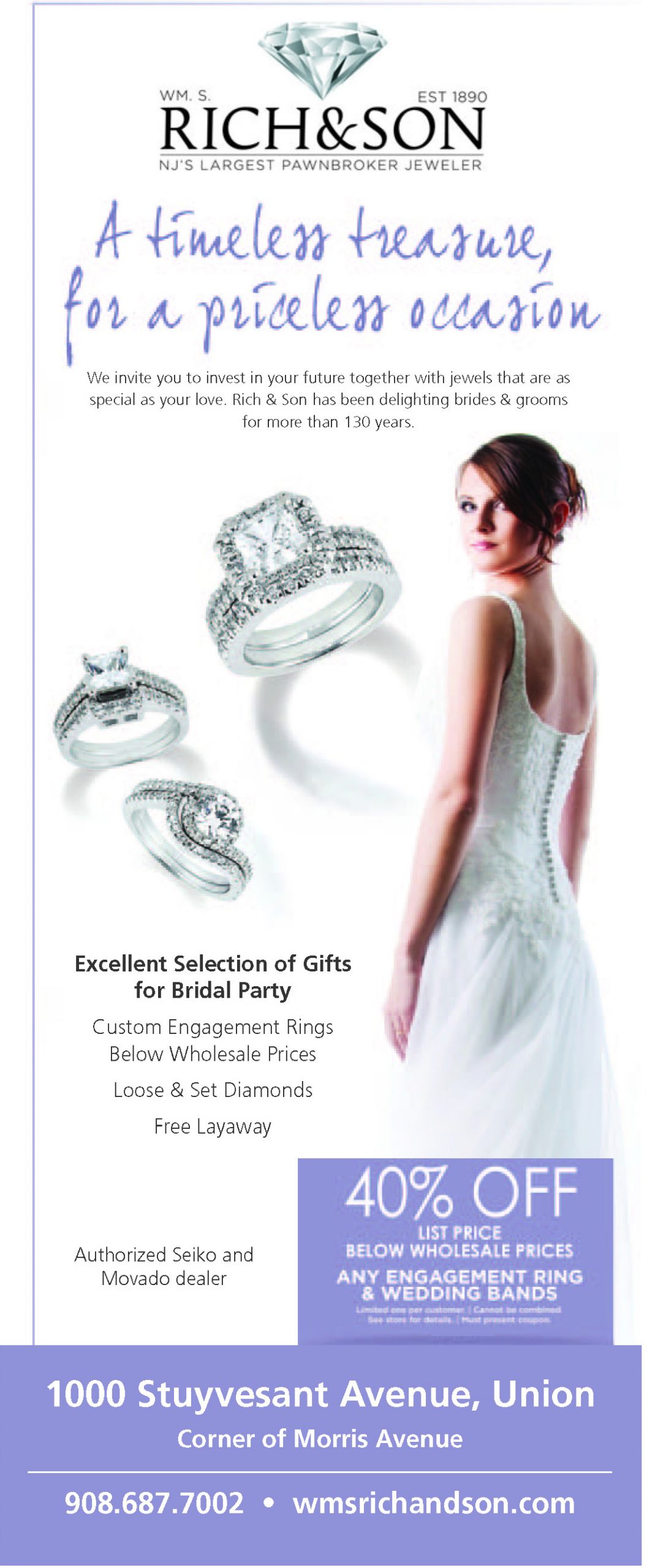
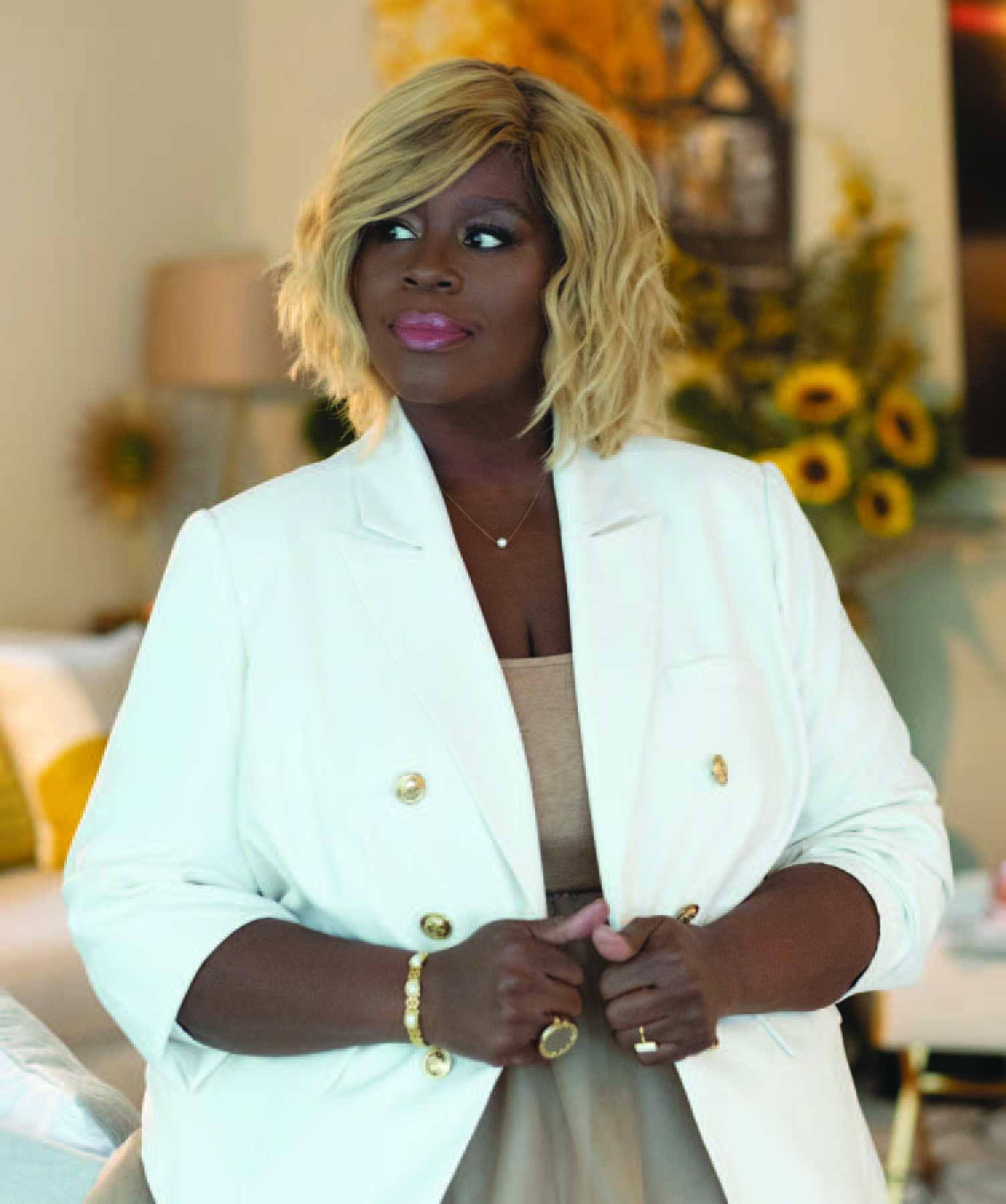
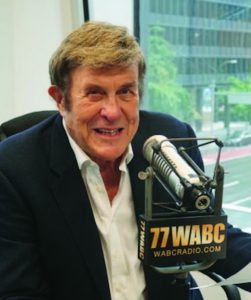

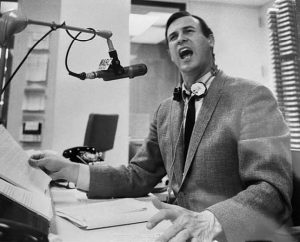
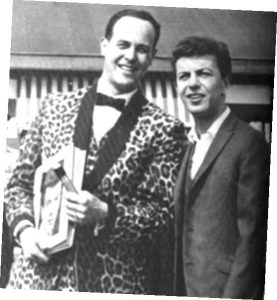
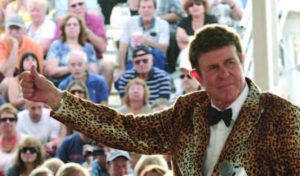
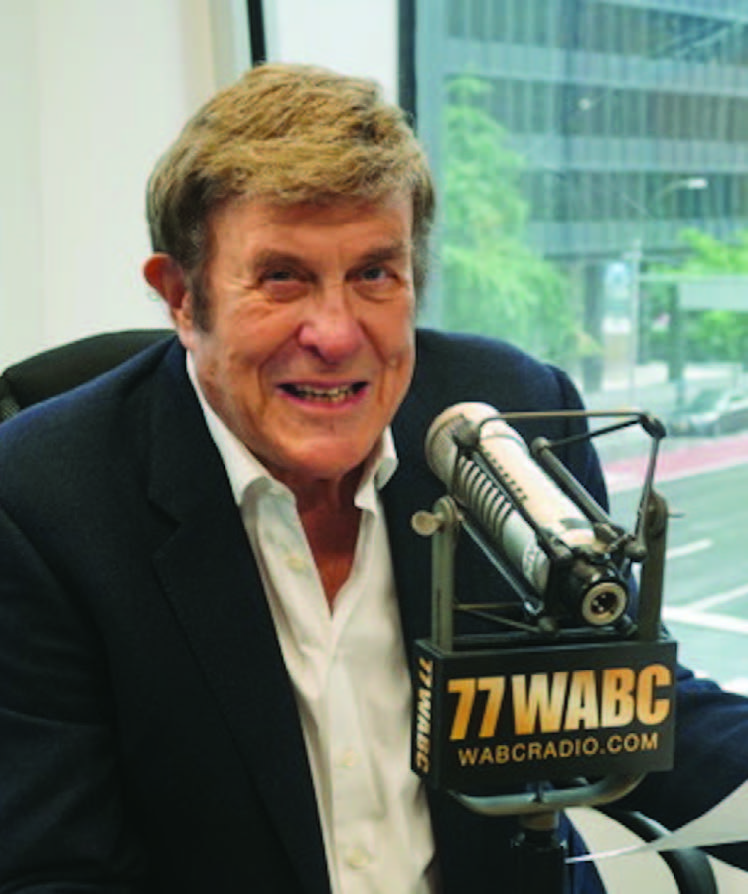
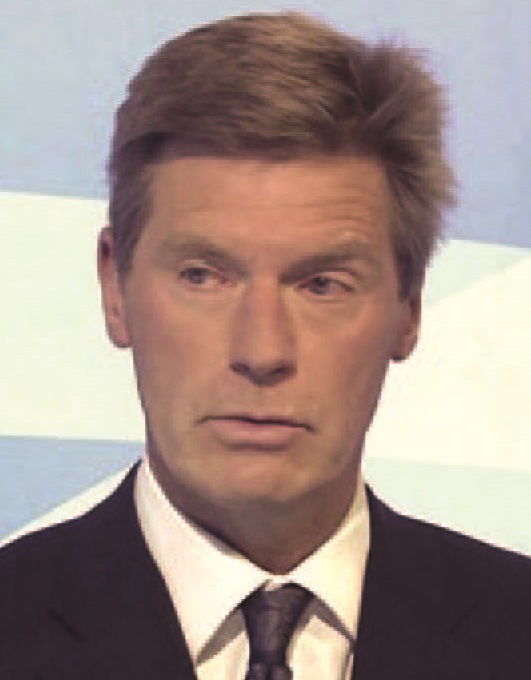
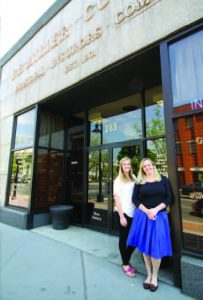 MD: I’m just finishing a third and final year as Chairperson of the Greater Elizabeth Chamber of Commerce, which I found very satisfying. Also, each Summer I volunteer for 10 weeks as Assistant Director of the Adirondak Camp near Lake George. I fell in love with the place when I went there as a 12 year-old. Later, around 1994, I attended a reunion and learned that the camp was in dire financial straits and about to close. I got together with 5 other former campers, and we volunteered behind the scenes and were able to save the camp. For the last 16 years I work there as Assistant Director during the 10-week camping season. Every Summer I live at the camp, but I take a day and a half each week to make the drive to Elizabeth, see my family, spend time at work, then make the drive back to the Adirondaks.
MD: I’m just finishing a third and final year as Chairperson of the Greater Elizabeth Chamber of Commerce, which I found very satisfying. Also, each Summer I volunteer for 10 weeks as Assistant Director of the Adirondak Camp near Lake George. I fell in love with the place when I went there as a 12 year-old. Later, around 1994, I attended a reunion and learned that the camp was in dire financial straits and about to close. I got together with 5 other former campers, and we volunteered behind the scenes and were able to save the camp. For the last 16 years I work there as Assistant Director during the 10-week camping season. Every Summer I live at the camp, but I take a day and a half each week to make the drive to Elizabeth, see my family, spend time at work, then make the drive back to the Adirondaks.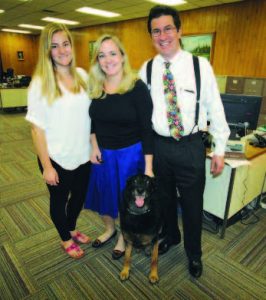
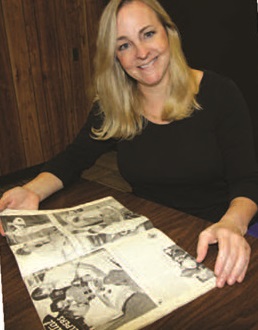
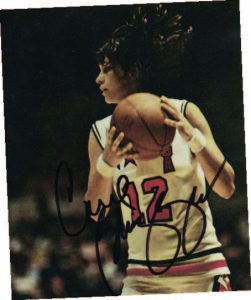
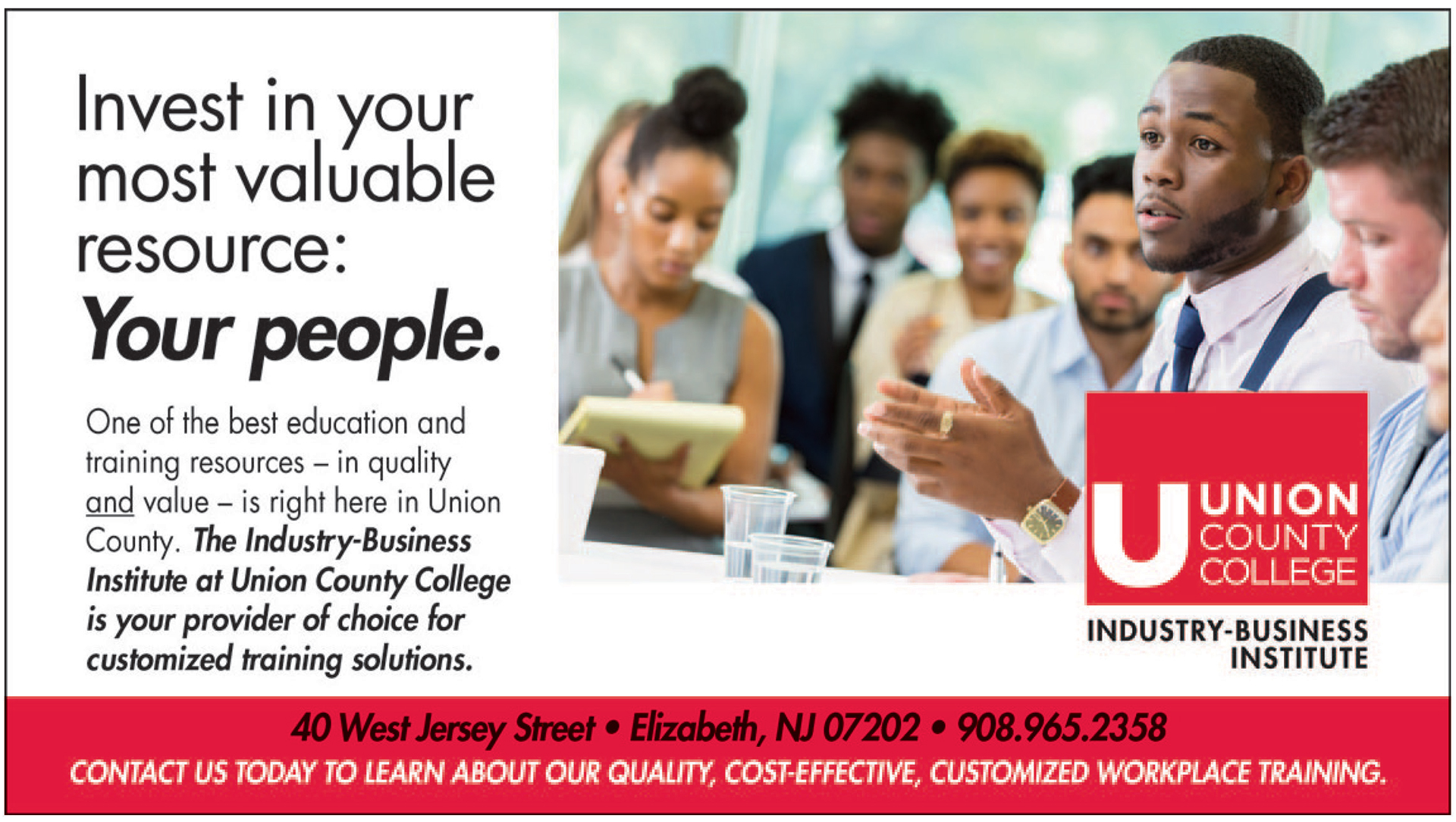
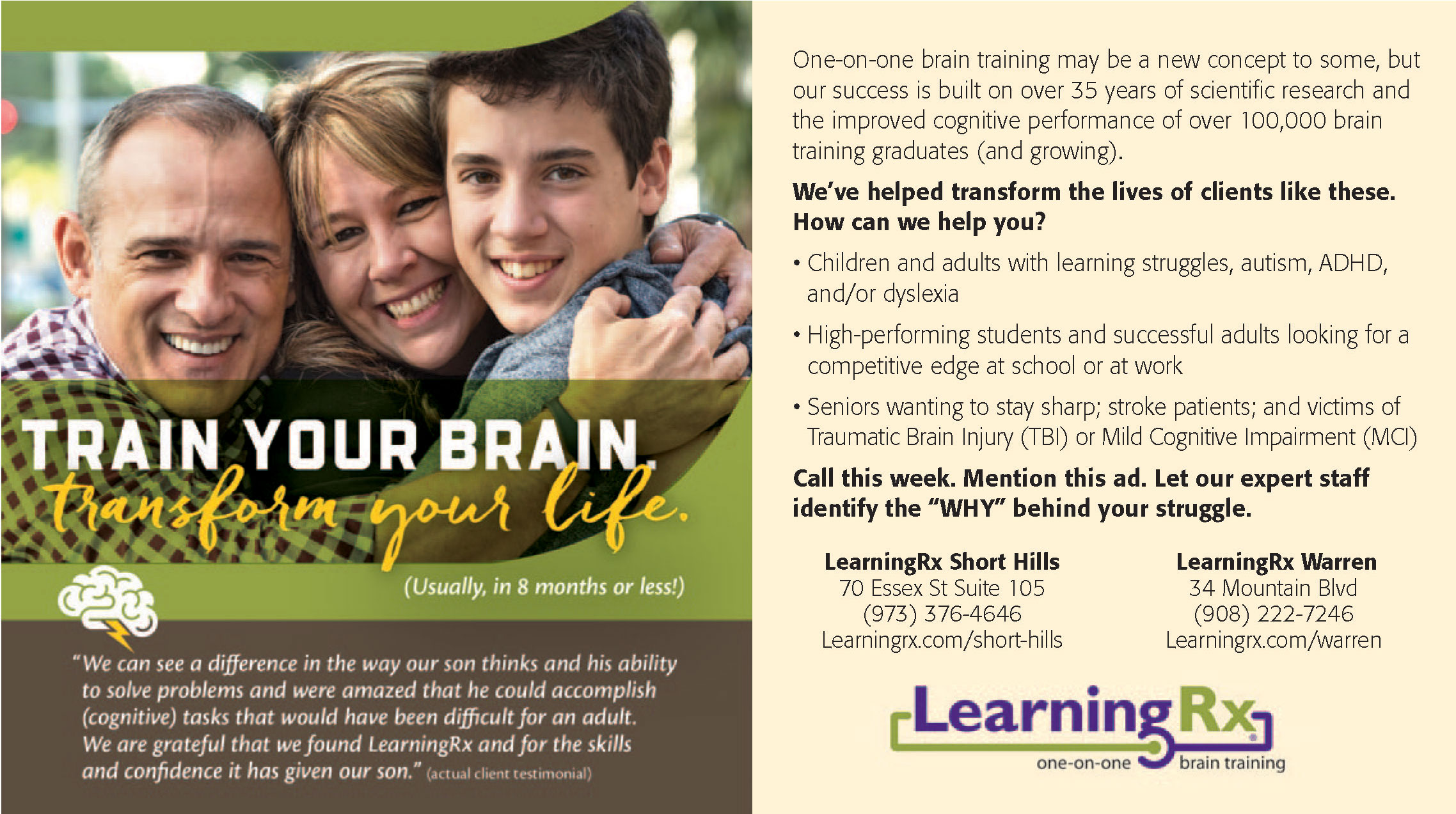
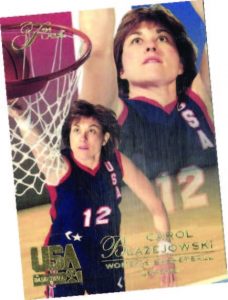
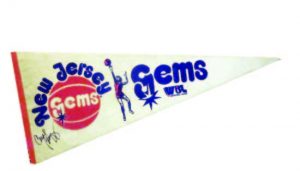
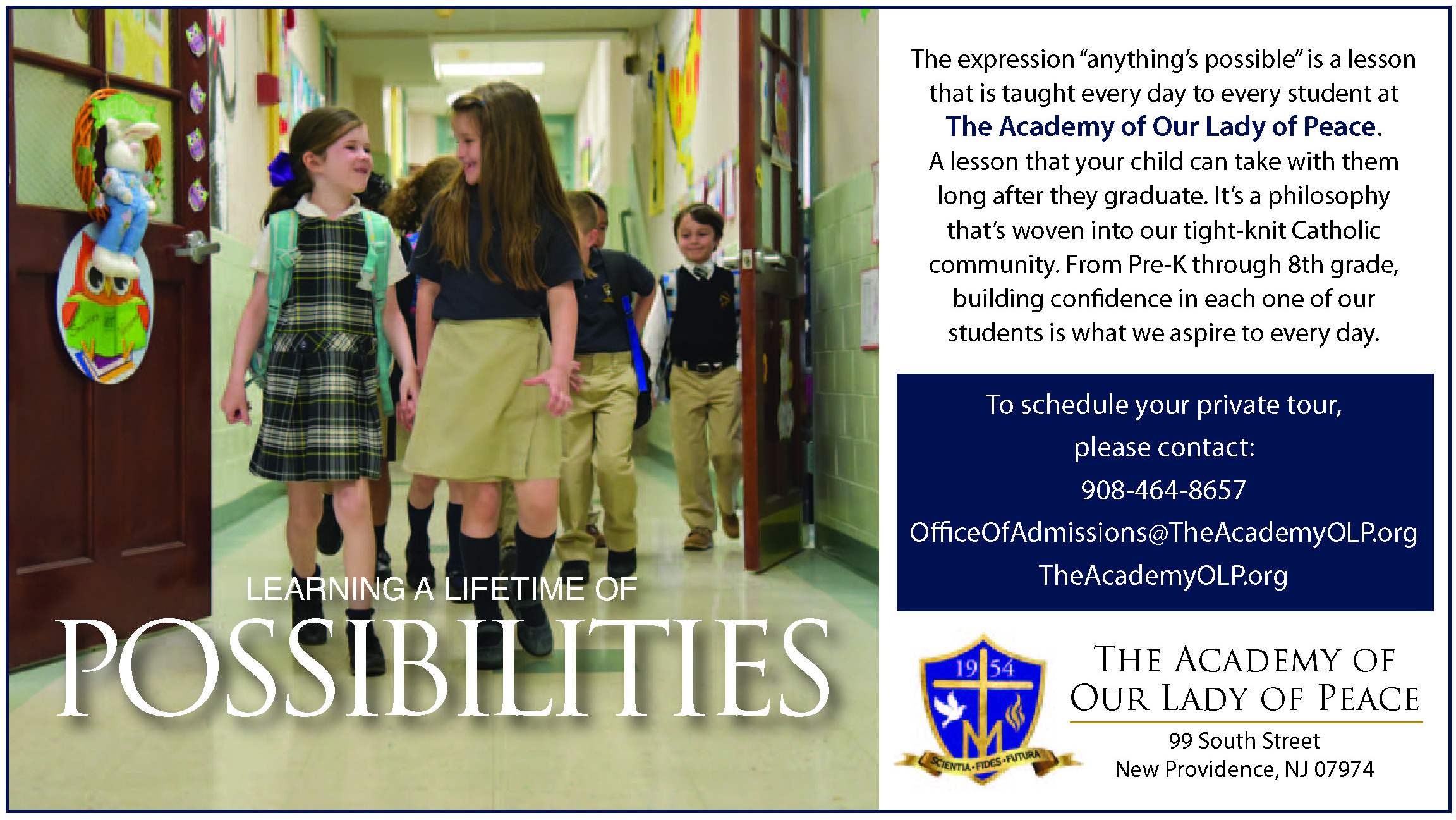
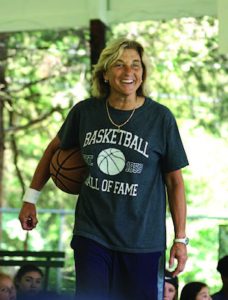
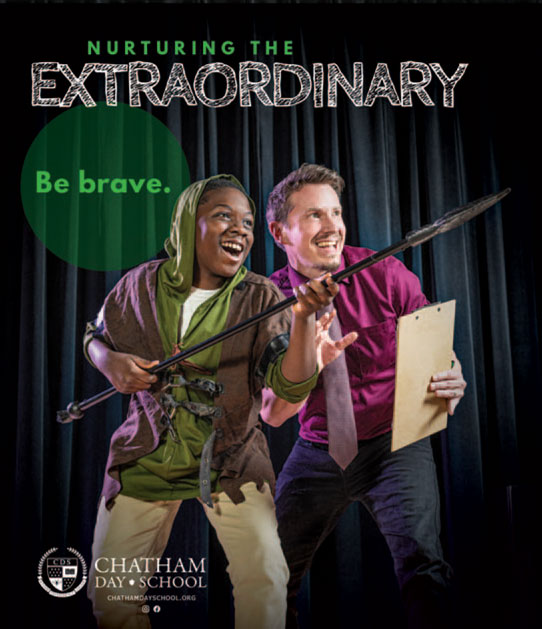
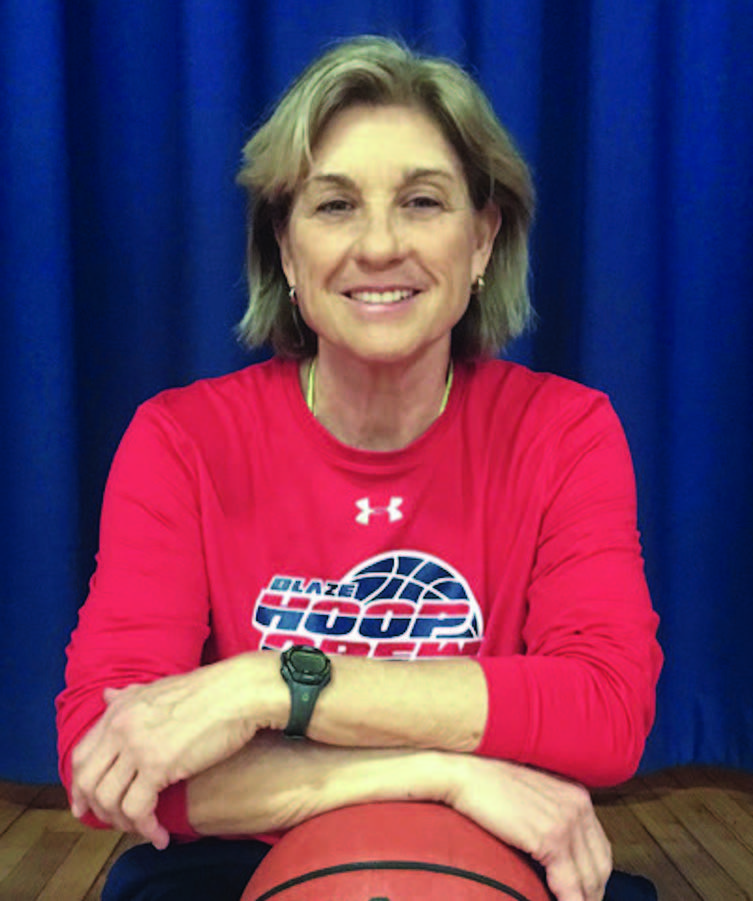
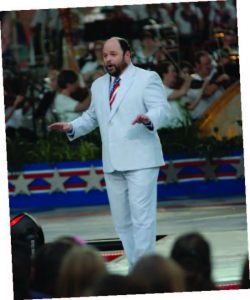
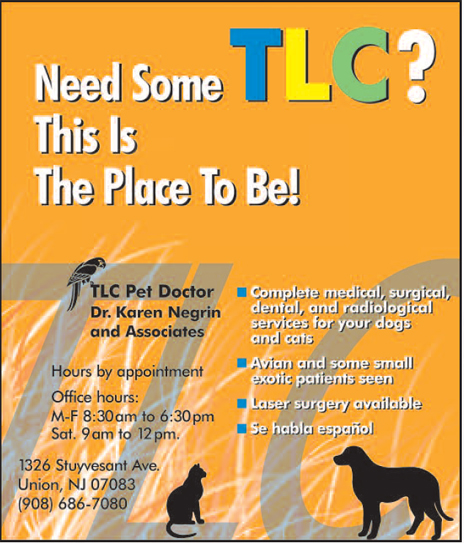
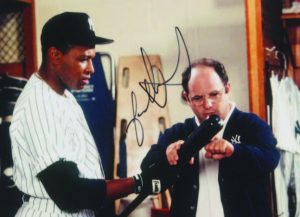

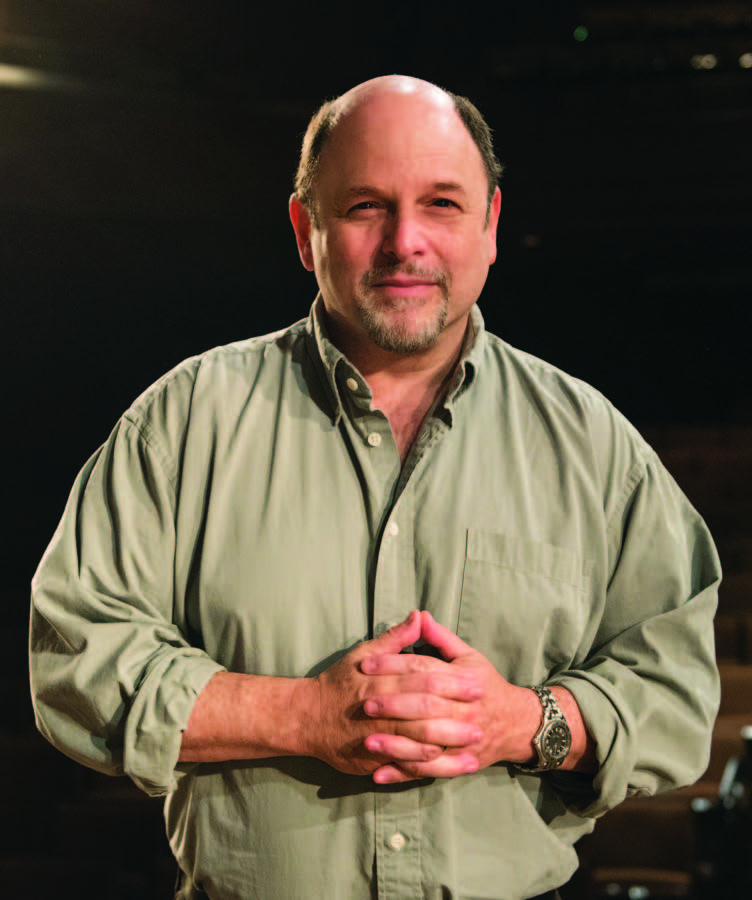
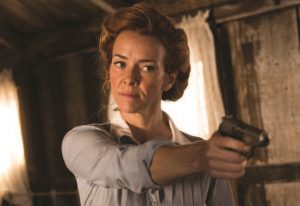
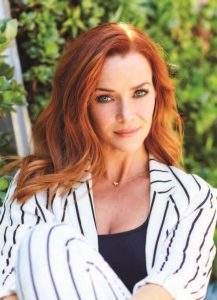
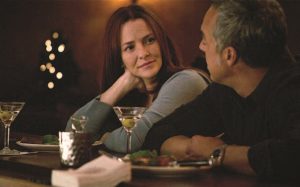
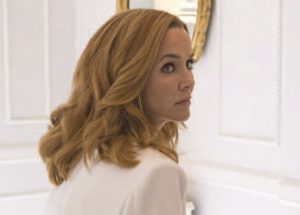
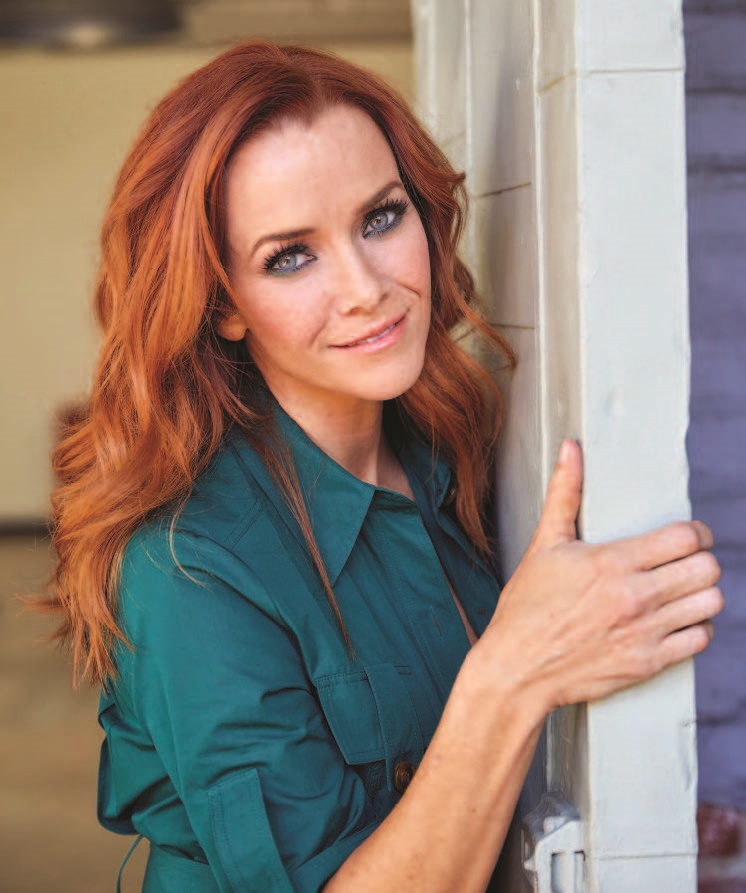
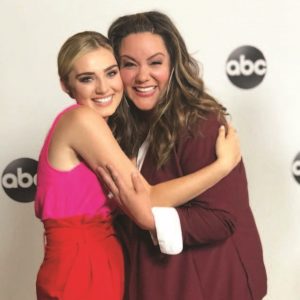
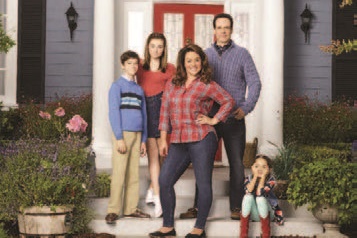
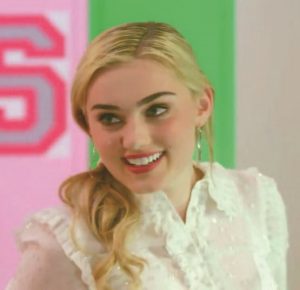
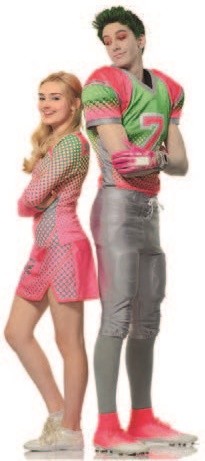
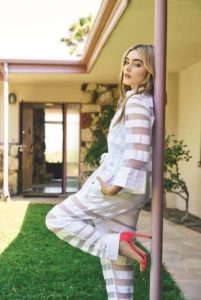 EDGE: Is there an entertainer you look at now and think, Yeah, she did it the right way—not an idol so much as an inspiration?
EDGE: Is there an entertainer you look at now and think, Yeah, she did it the right way—not an idol so much as an inspiration?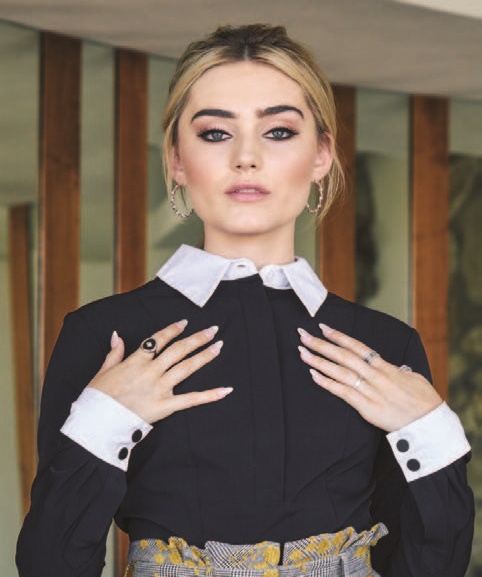
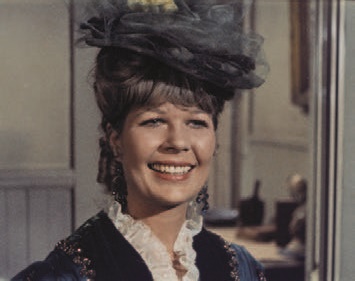
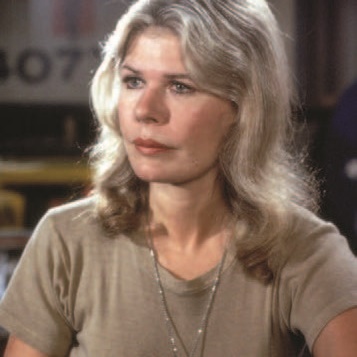
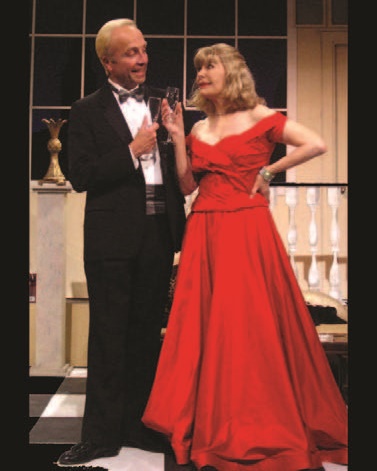

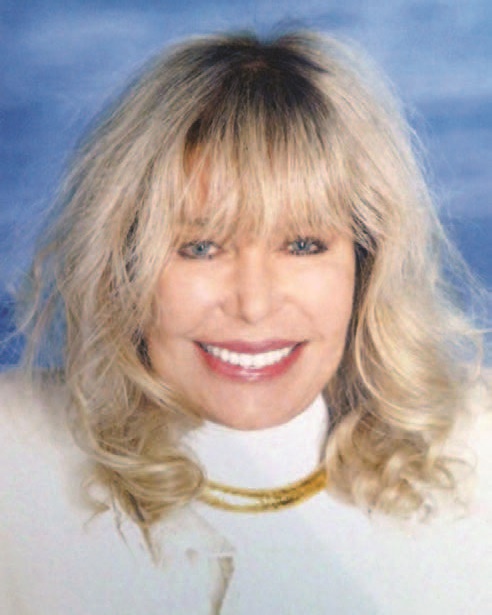
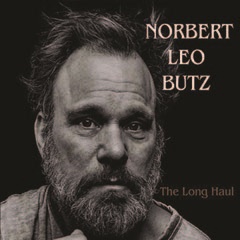 EDGE: The Long Haul is your fourth album, but also in some respects your “first.”
EDGE: The Long Haul is your fourth album, but also in some respects your “first.”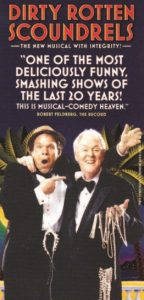
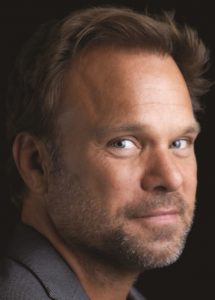 NB: When I got the script I realized that Catch Me If You Can is really the story of a lost kid in search of a surrogate father, and this lonely, middle-aged gumshoe cop really looking for a surrogate son. My dad, who has since passed away, was really ill at the time. I was quite
NB: When I got the script I realized that Catch Me If You Can is really the story of a lost kid in search of a surrogate father, and this lonely, middle-aged gumshoe cop really looking for a surrogate son. My dad, who has since passed away, was really ill at the time. I was quite 